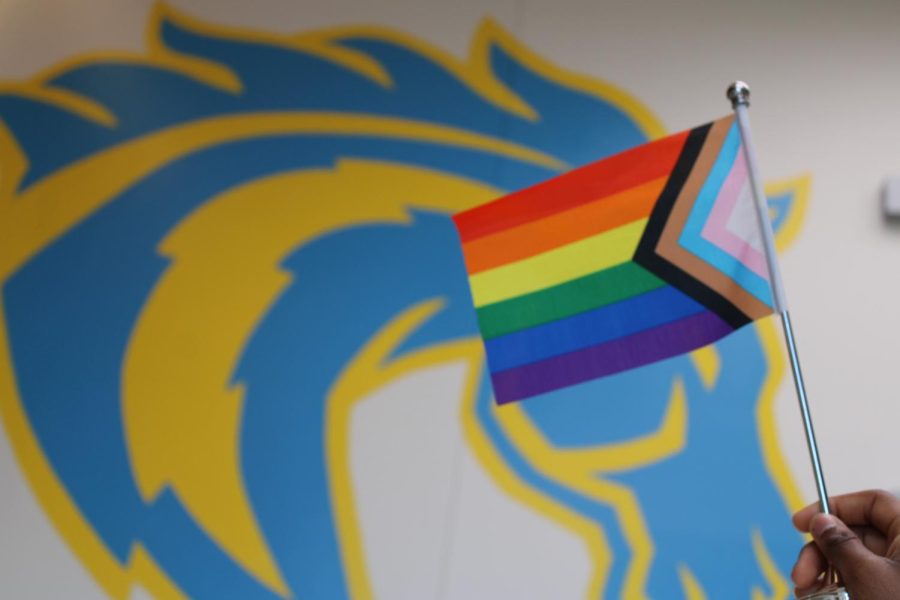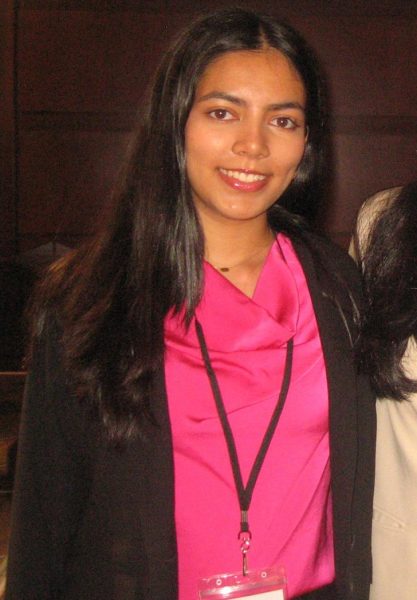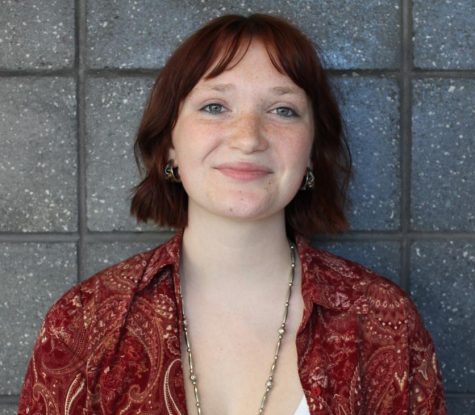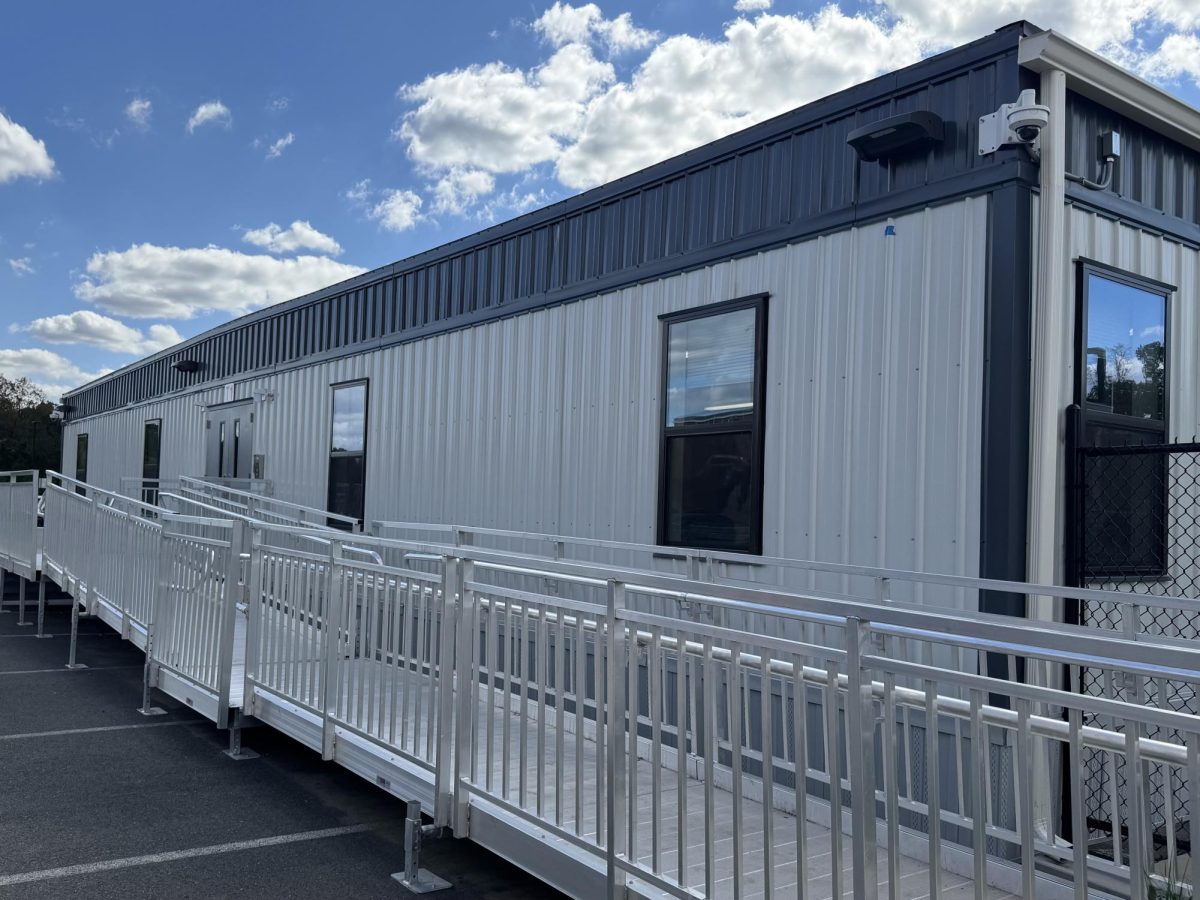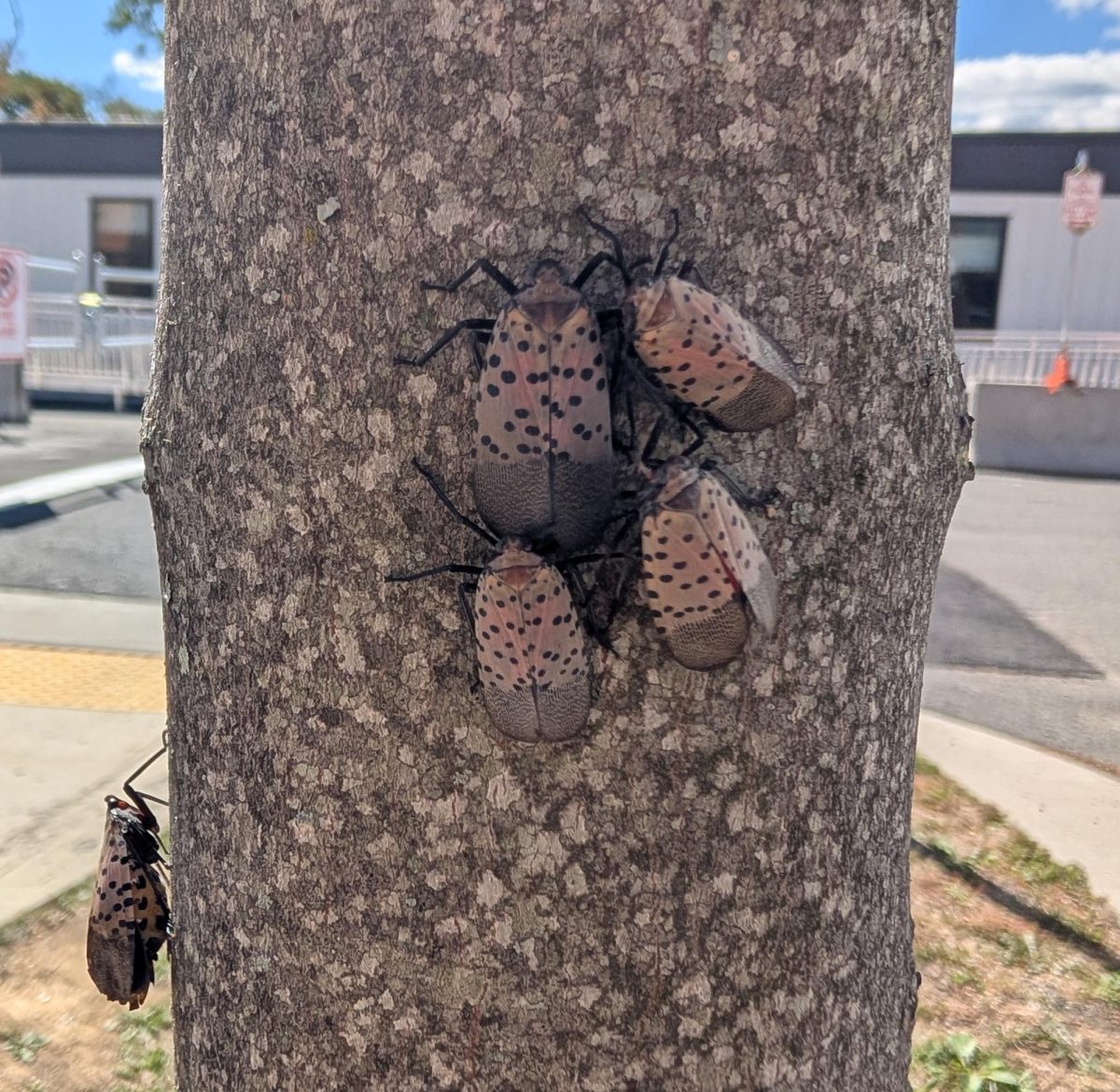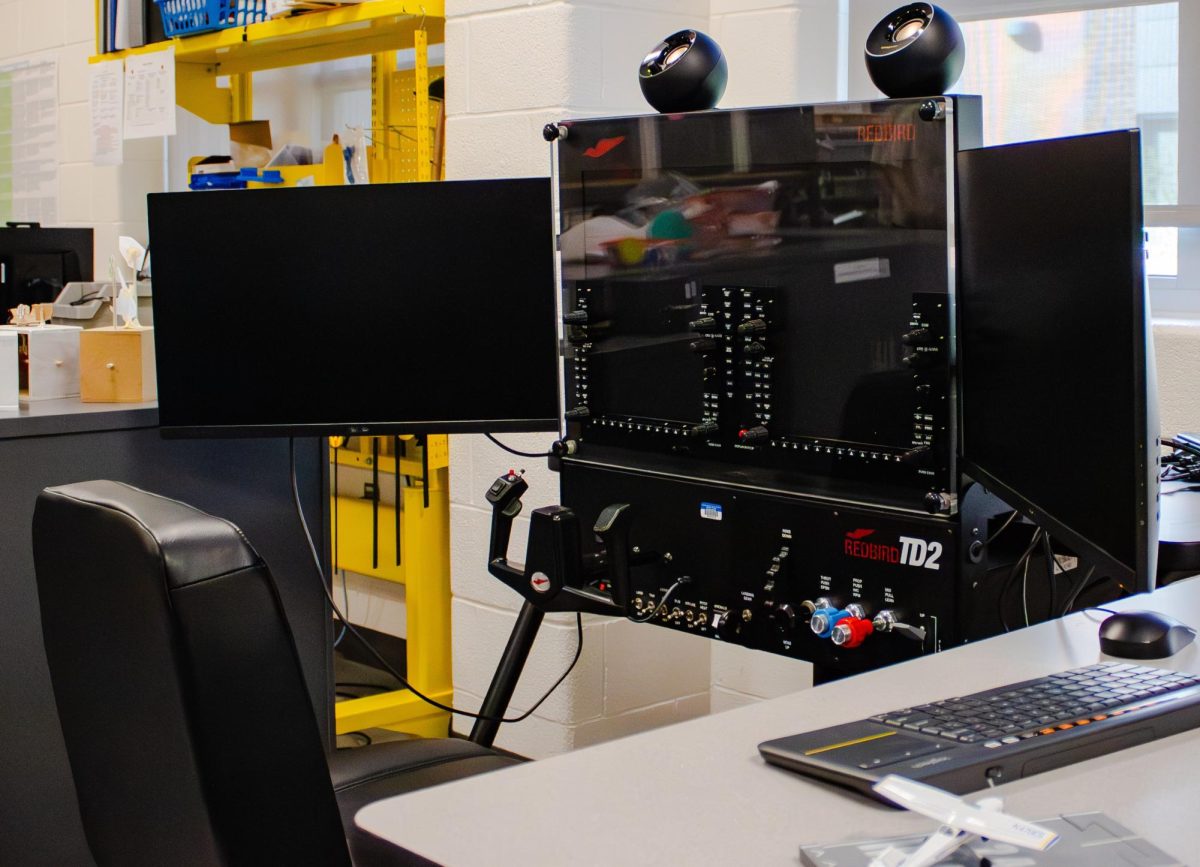Students fear new Youngkin transgender policy
A new policy put forth by Virginia Governor Glenn Youngkin that changes the rights afforded to transgender students has left some in the Lightridge community uneasy.
December 5, 2022
On September 16, 2022, Virginia Governor Glenn Youngkin issued an executive order which laid out a new model policy designed to restrict the liberties of transgender students. If the policy is enacted fully, transgender and non-binary students will not be able to use their preferred pronouns, names, or bathrooms, unless a parent or legal guardian consents. Schools are also required to notify parents if a student wishes to change any of these things.
“Parents have the right to instill in and nurture values and beliefs for their own children,” said Youngkin in the model policies, “and make decisions concerning their children’s education and upbringing in accordance with their customs, faith, and family culture.”
Local school boards must adopt their own policies that are specific, but still comply with the 2022 model policies decreed by Youngkin. At the time of this publication the full implementation of the policy has been stalled due to a combination of resistance from the state legislature and the review process by the office of the Virginia Superintendent of Public Instruction.
Many students at Lightridge have expressed their discontent with this policy, concerned that it undermines students’ identity and leaves them worried for what the future might hold.
“I am agender, which falls under the transgender umbrella, and my parents don’t know about it” said one Lightridge student, who asked to remain anonymous for their own safety. “If this policy is passed, I would be continually mis-gendered at school.”
“It worries me that policies that might affect me, could possibly be passed,” said another Lightridge student, who also asked that their name be withheld. “Right now, it only affects trans students, but it could go much further than that. Eventually, it’s all going to fall apart.”
When asked if they knew anyone else who would be affected by the policy, both students responded “yes” without hesitation. They made it clear that if this policy were to be passed, a large number of Lightridge’s population would be negatively affected.
“There are people out there that are being impacted by this policy that you are making,” said one student, when asked what they would say to Youngkin if given the opportunity. “We are real people, we exist, and we’re not going to silently disappear.”
Dr. Ryan Hitchman, principal of Lightridge High School, expressed concern over what the policy is actually putting into effect, as opposed to just the surface-level effects.
“It looks nice on the outside, the first two paragraphs are nice – then dive a little deeper,” said Hitchman. “ To be honest with you, I’ve glanced over those and personally for me, it’s something I’d be concerned about.”
Hitchman expressed his concern that the people making these policies have never had public school teaching experience.
“When you have people that are not educators making policies for schools and have never stepped foot inside a public school before – I have an issue with that,” said Hitchman. “For example, the governor hired a new Secretary of Education and I’m not sure if they’ve ever had public school experience. ”
Hitchman is correct. The new Youngkin appointed Secretary of Education, Aimee Rogstad Guidera, has no public school teaching experience in Virginia. Her bio states that she is the head of a consulting firm, formed the Data Quality Campaign, was the director of the NCEA, and taught at the Japanese Ministry of Education, but it never stated that she taught at a public school.
Youngkin’s intention with the model policies was to not leave parents in the dark when it comes to their children at school. According to Hitchman, Lightridge never had such problems.
“I’m not sure what the model policies are accomplishing – these are rights that parents already have at Lightridge,” said Hitchman. “If you want to come in and see the literature, what’s being taught in our classrooms, or observe your child’s teacher, you can.”
Lightridge has been working hard to create and maintain a safe environment for all students, including LGBTQ+ students.
“As a school, it is our responsibility to make sure that all students here feel safe and accepted,” said Hitchman. “ It doesn’t mean 98%, or 99% of our students, it means all of our students.”
Hitchman explained that the Lightridge Equity Committee has done many things to create a safe space for students. The committee has created advisory lessons about topics such as LGBTQ+ rights and microaggressions and macroaggressions, and ensured that students can tell the school counselors anything that is bothering them, if they feel the need to.
“I would invite the Governor to come into Lightridge High School and spend a day,” said Hitchman.“Until you’re in this environment – you don’t know and you shouldn’t be saying anything unless you’ve been here.”

